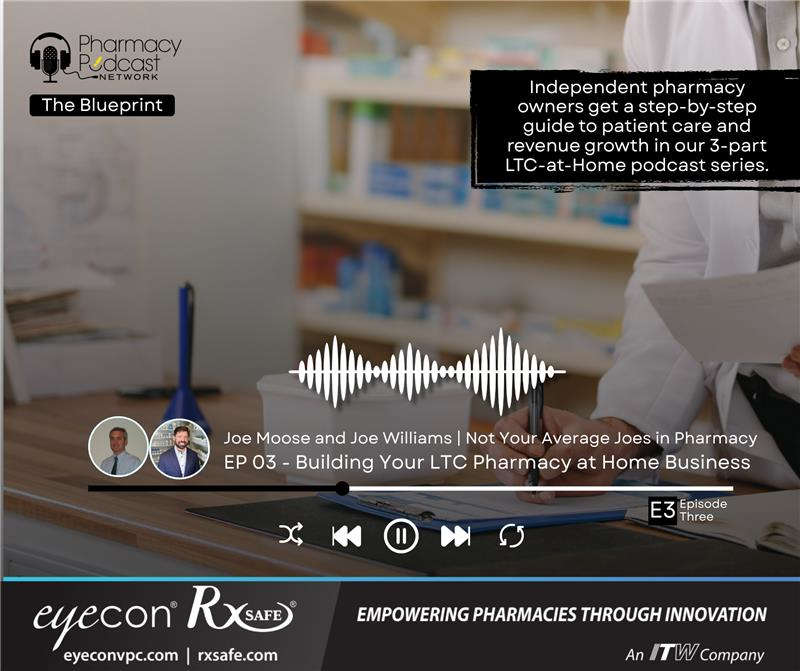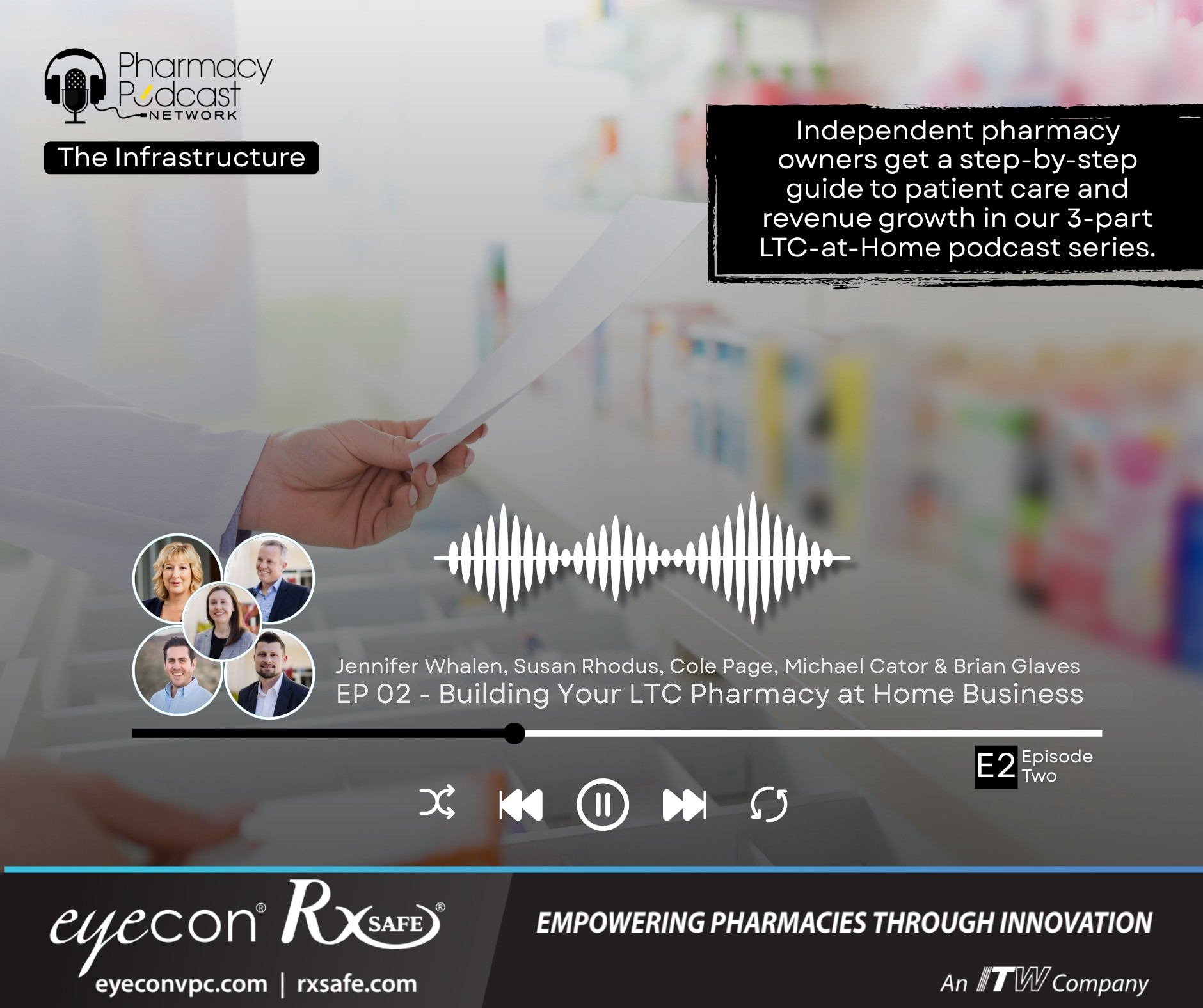Almost a year to the day following the news of the launch of the Mark Cuban Cost Plus Drug Company (MCCPD), the company launched its online pharmacy in January 2022. Its mission: make affordable medicines accessible to all Americans.
The MCCPD online pharmacy currently sells about 100 medications for common ailments such as diabetes, asthma, hypertension, and acid reflux, to treatments for HIV, cancer, and Parkinson’s. The company’s website provides an alphabetical listing of all medications currently available, as well as the retail price and money you potentially save by purchasing from them.
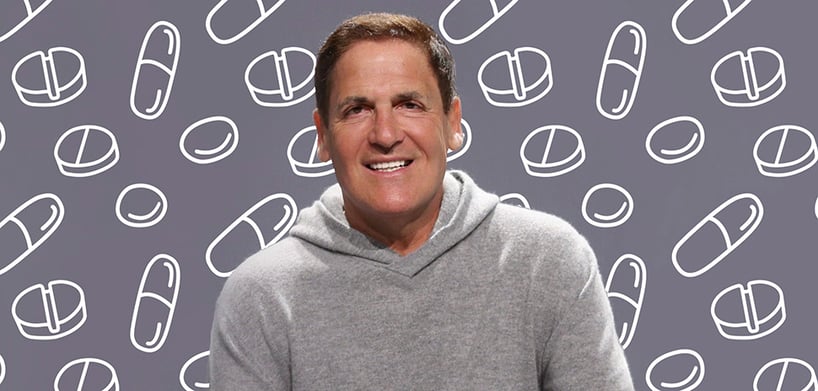
Mark Cuban (photo courtesy of Dallas Innovates)
As examples, the website shows the cost savings for the drug imatinib, a kinase inhibitor used to treat leukemia and other cancers. A 100mg tablet from Cost Plus Drug is priced $17.10 for a 30-day supply. The same drug costs $2,502.60 from other retail pharmacies: a savings of $2,485.50.
The generic drug for Albenza (Albendazole), which is used to treat tapeworm infections, will cost just $33.00 for two 200mg tablets. The same drug, when bought at other retail pharmacies, can cost as much as $437.68, bringing the total savings of over $400 for the treatment if purchased through MCCPD.
The public’s reception of the company’s launch has been overwhelmingly positive, with many people taking to Twitter to express their support and their interest in transferring prescriptions to the online pharmacy.
Cost Plus Drug CEO Alex Oshmyansky confirms that “thousands of people” have created accounts since the website went online on January 19th.
Mark Cuban’s Interest in the Pharmaceutical Industry
Mark Cuban had expressed interest in the debate on the high cost of medications as early as 2016.
Cuban had criticized the predatory pricing of pharmaceutical companies in a tweet, saying it was time to ”bring drug prices under control.” While he has always voiced his support for “pure capitalism,” he clarified the statement by saying that for capitalism to work, “capitalists must act humanely first.”
Oshmyansky had originally started the Cost Plus Drug Company as Osh’s Affordable Drug Company in Dallas in 2018. Oshmyansky had received backing from Cuban after sending a cold email to the billionaire investor. Cuban, known for having more than a dozen healthcare-related companies in his portfolio, recognized the enormous potential in tapping into the market for affordable generic drugs and decided to put his name on the company shortly after. “I put my name on it because I wanted to show that capitalism can be compassionate and to send the message I am all in,” Cuban explained.
Unaffordable Life-Saving Drugs
Both Cuban and Oshmyansky’s venture into pharmaceutical business was influenced largely by the story of Martin Shkreli, the pharmacy CEO who gained notoriety for raising the price of the antiparasitic drug Daraprim, which is used for infections and malaria. Shkreli’s company increased the drug’s price by more than 5,400%, from $13.50 to $750 per pill, after acquiring the license for its manufacture.
Oshmyansky, a radiologist and physician who also happens to be diabetic, understands how critical it is for the public to have access to life-saving medications and was appalled and angry at Shkreli’s move.
Expensive Medicines, Low Adherence
The high cost of prescription drugs has been reported to be a big factor in adherence. Providers are reluctant to prescribe drugs that have high costs and patients are also less likely to fill them.
A 2021 study in the Journal of the American Medical Association (JAMA) on cost-related non-adherence shows that the high cost of drugs continues to be a factor and a challenge, with 1 in 4 adult patients in the US not being able to afford their medications, even with insurance coverage.
A New Business Model
With the backing from Cuban and the interest the company has generated from such a high-profile figure, the company is uniquely positioned to take on not just big chain retail drug stores such as CVS or Walgreens, but also competitors that offer cheaper sources of generics to medications such as GoodRx and Amazon.
Cuban and Oshmyansky promised to provide complete transparency and affordability by eliminating markups from middlemen. The company states that it is adding only a 15% markup for profit margins plus a nominal fee to keep prices low.
While public attention has always been focused on costly brand-name medications, MCCPD aims to bring down prices of high-priced generics.
“Drugs are extremely expensive not because of high prices from manufacturers, but because of price markups due to middlemen in the supply chain, primarily pharmaceutical wholesalers and pharmaceutical benefit managers (PBMs),” explains Oshmyansky.
Mark Cuban’s PBM and Employer Savings
To deliver on its promise of providing transparency about costs and providing affordable medications, the company announced its plan of launching its own PBM, the Mark Cuban Cost Plus PBM, by 2023.
With the future launch of its own PBM, the company plans to provide affordable prescription coverage to employees by offering the service to businesses that offer it as part of their benefits packages. By eliminating unnecessarily opaque practices that traditional PBMs use to charge high prices, Oshmyansky says they can “save companies a lot of money.”
While the online pharmacy is cash-only for now, Oshmyansky said the company plans to allow customers to use their insurance by 2023. The company does not deal with third-party PBMs in order to avoid “spread pricing” that is needed for using insurance for filling prescriptions. Doing so avoids using yet another source of higher drug prices, company officials said.
Still, even without insurance, the prices of medications through MCCPD are still much lower than most insurance deductibles and copays.
CEO Alex Oshmyansky has reiterated the fact that the industry is littered with “numerous bad actors” who hinder patients from getting affordable access to prescription drugs. Operating its own PBM will allow integration of both pharmacy and wholesaler, guaranteeing that the company can offer lower drug prices, he added.
 The MCCPD manufacturing facility being constructed in Dallas. (Photo courtesy of the MCCPD Facebook page)
The MCCPD manufacturing facility being constructed in Dallas. (Photo courtesy of the MCCPD Facebook page)
Earlier in 2021, the company also announced the construction of an 11 million, 22,000-square-foot manufacturing plant in the Dallas, TX neighborhood of Deep Ellum. The facility, which is slated for a Q3 2022 opening, will be used to manufacture generic drugs as well as the packaging of sterile medicines.
To fulfill orders, MCCPD has partnered with Truepill, a business-to-business pharmacy fulfillment and delivery company. Patients can sign up online and request a transfer of prescriptions and receive their medications delivered through the mail.
When it comes to capitalism and consumer-driven models, the healthcare industry is unique in that “you can't ask the prices before you buy something,” says Oshmyansky. “The more we can bring transparency to the market, the more we can help normal market dynamics take place.”
RxSafe sponsored a webinar with Oshmyansky and the Mark Cuban Drug Company last year. See a recap or watch the video here.


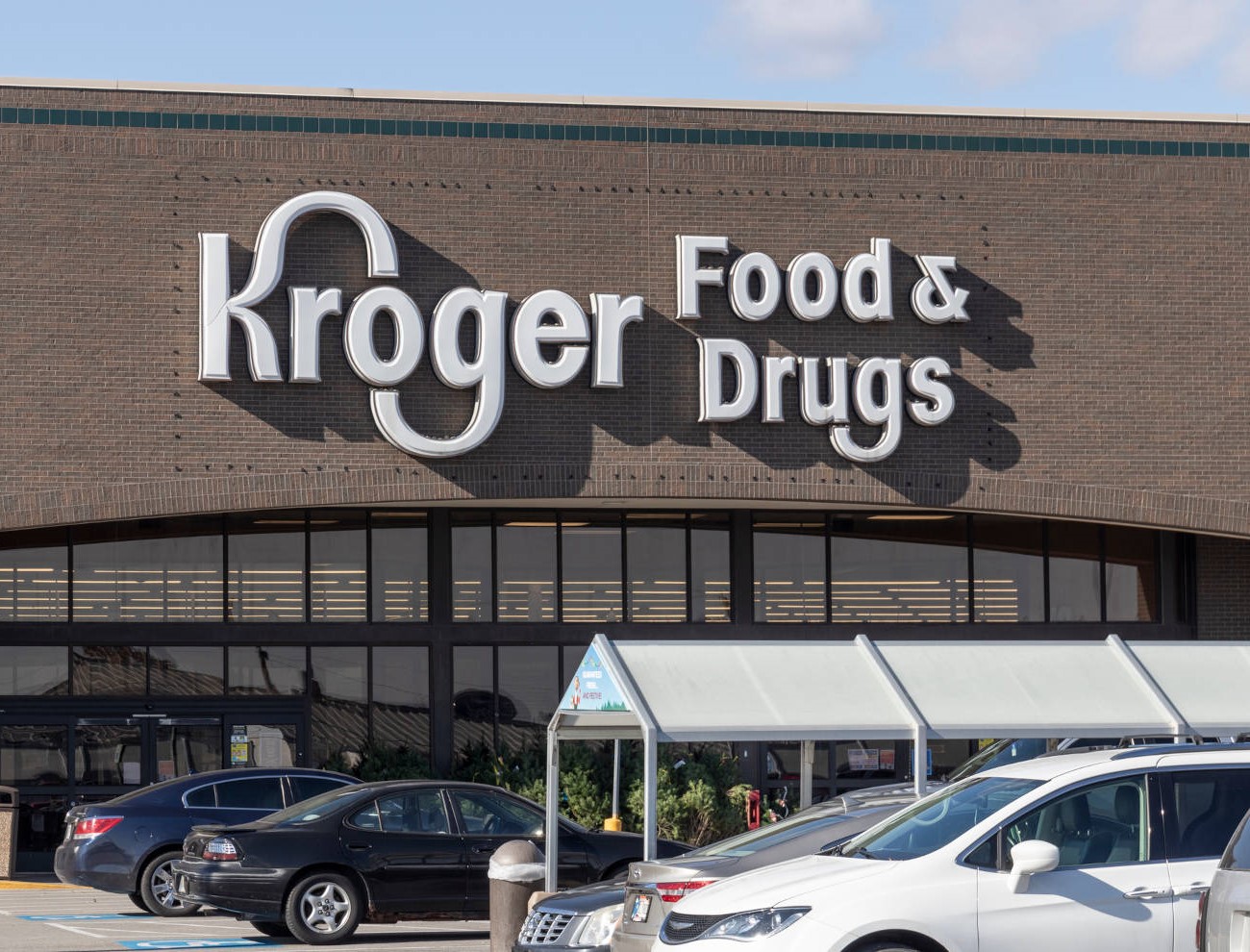

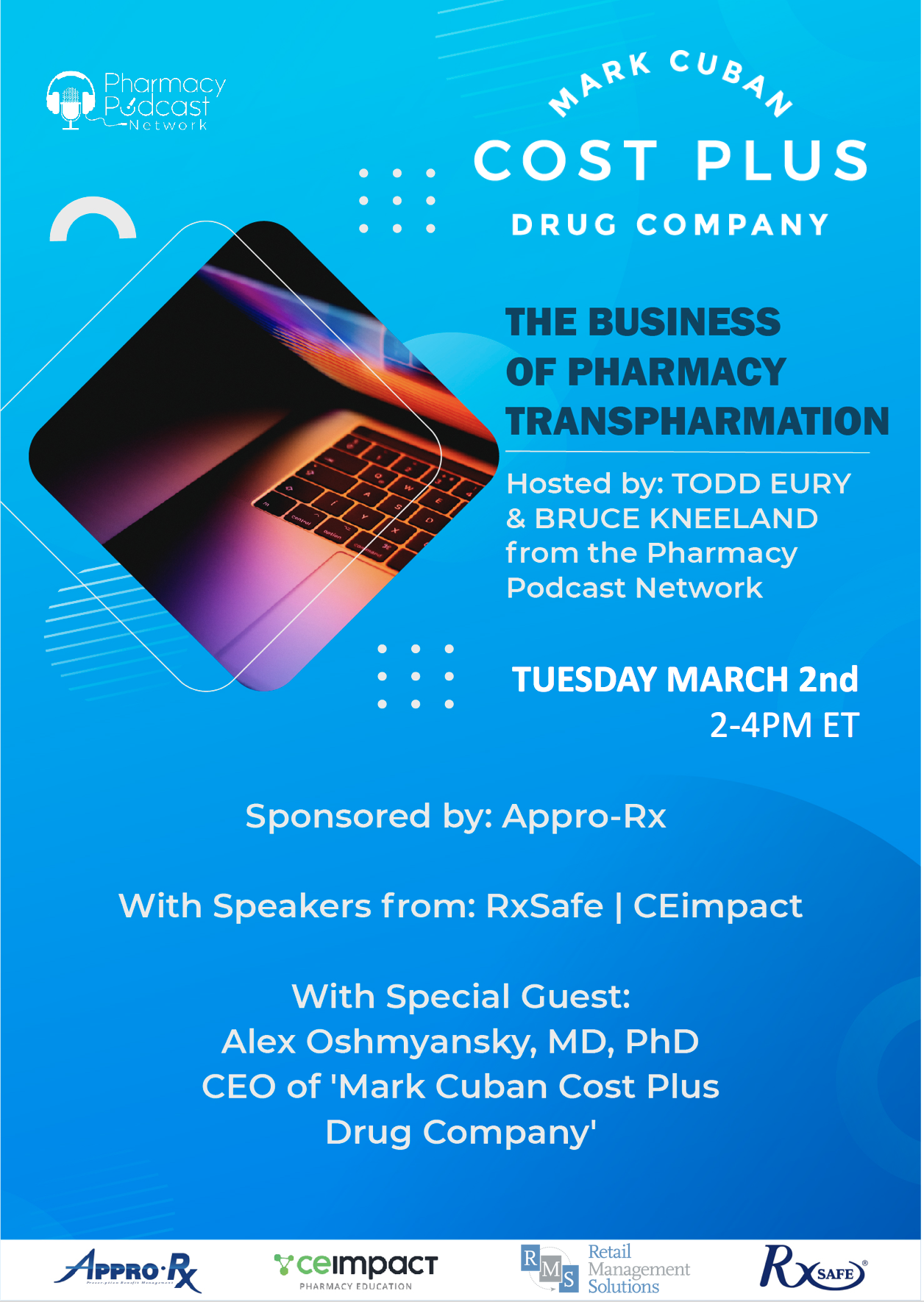


.png)
